The Battle for Jerusalem, the City of the Great King
Jerusalem. The mere mention of it evokes a response. Many love it and passionately desire to visit this ancient city of King David. Or they long to walk where Jesus walked. Others want to obliterate its 3,000-year association with Judaism, destroy its Jewish heritage, eradicate the Jewish people from it, and establish it as the Islamic capital of a Palestinian state.
It is interesting that a city roughly the size of Anaheim, California, receives such a vast and disproportionate amount of news coverage. Only Washington, D.C., can boast more reporters per square foot than Jerusalem. Why is Jerusalem so important? Is there something special about this city that is located in a country the size of New Jersey?
It is indeed special. It is God’s holy city, the only place on Earth where He has chosen to place His name. It is, in fact, “the city of the great King” (Ps. 48:2). And that is why Satan wants it so much.
The history of this unique place is deeply rooted in the Jewish Scriptures. In Genesis Jerusalem is identified as Salem, a word that literally means “peace” and is closely related to the Hebrew word shalom. The Bible records that Melchizedek was the king of Salem and “the priest of God Most High” (Gen. 14:18).
Later, during the Israelite conquest of Canaan, Jerusalem was identified with the Jebusites (Josh. 15:8, 63). It was one of 14 cities allotted to the tribe of Benjamin (18:28).
Under King David, Jerusalem became Israel’s place of places:
And the king and his men went to Jerusalem against the Jebusites, the inhabitants of the land, who spoke to David, saying, “You shall not come in here; but the blind and the lame will repel you,” thinking, “David cannot come in here.” Nevertheless David took the stronghold of Zion (that is, the City of David) (2 Sam. 5:6–7).
David made Jerusalem his capital and brought the Ark of the Covenant into the city. God had forbidden the Jewish people to worship Him as the pagans worshiped their gods, “on the high mountains and on the hills and under every green tree” (Dt. 12:2). Instead, the Jewish people were to “seek the place where the Lᴏʀᴅ your God chooses, out of all your tribes, to put His name for His dwelling place; and there you shall go” (v. 5).
The Lord’s name was to be associated with the Ark of the Covenant. Wherever the Ark was, that was where God was to be worshiped. When David brought the Ark to Jerusalem, the city became God’s dwelling place (2 Sam. 6:15).
King Solomon fulfilled his father David’s greatest desire by building a Temple for the Lord his God and moving the Ark into it (1 Ki. 8:3–9). It was then “the cloud filled the house of the Lᴏʀᴅ, . . . for the glory of the Lᴏʀᴅ filled the house of the Lᴏʀᴅ” (vv. 10–11). After Solomon dedicated the Temple, the Lord told him,
I have heard your prayer and your supplication that you have made before Me; I have consecrated this house which you have built to put My name there forever, and My eyes and My heart will be there perpetually (9:3).
The promise that Almighty God Himself would watch over Jerusalem is one of the most beautiful and repetitive themes in all Scripture:
Like birds flying about, so will the Lᴏʀᴅ of hosts defend Jerusalem. Defending, He will also deliver it; passing over, He will preserve it (Isa. 31:5).
For God will save Zion [Jerusalem] and build the cities of Judah, that they may dwell there and possess it. Also, the descendants of His servants shall inherit it, and those who love His name shall dwell in it (Ps. 69:35).
No other people pray toward Jerusalem, as the Jewish people do. No other people long for it as they do, weep for it as they do, or rejoice over it as they do. Jerusalem is and will forever be inextricably linked to Israel. Exiled in Babylon in the sixth century B.C., the writer of Psalm 137 would speak for millions of Jewish people the world over spanning more than 2,500 years when he wrote these words, often memorialized in Hebrew song:
If I forget you, O Jerusalem, let my right hand forget its skill! If I do not remember you, let my tongue cling to the roof of my mouth—if I do not exalt Jerusalem above my chief joy (vv. 5–6).
Difficult days lie ahead for this incomparable city where the God of Abraham, Isaac, and Jacob has placed His name (Dan. 9:24). The forces of Islam are determined to rewrite history and erase the Jewish presence from human memory. They deny the existence of the two Temples that once stood on Mount Moriah and claim that Ishmael was almost sacrificed there rather than Isaac.
The world is embroiled in a spiritual war. Satan wants Jerusalem, just as he wants to be God (Isa. 14:12–14). But he will lose (Rev. 20:10). God has reserved Jerusalem for Himself, and Messiah Jesus will rule the earth from the holy city for 1,000 years (Isa. 9:7; 60:1–7; Ezek. 43:4–12; Zech. 6:12–13; Rev. 20:2–4).
Psalm 48 looks forward to that wonderful day when Jerusalem will, once and for all, know the peace that its name conveys:
Great is the Lᴏʀᴅ, and greatly to be praised in the city of our God, in His holy mountain. Beautiful in elevation, the joy of the whole earth, is Mount Zion on the sides of the north, the city of the great King (vv. 1–2).
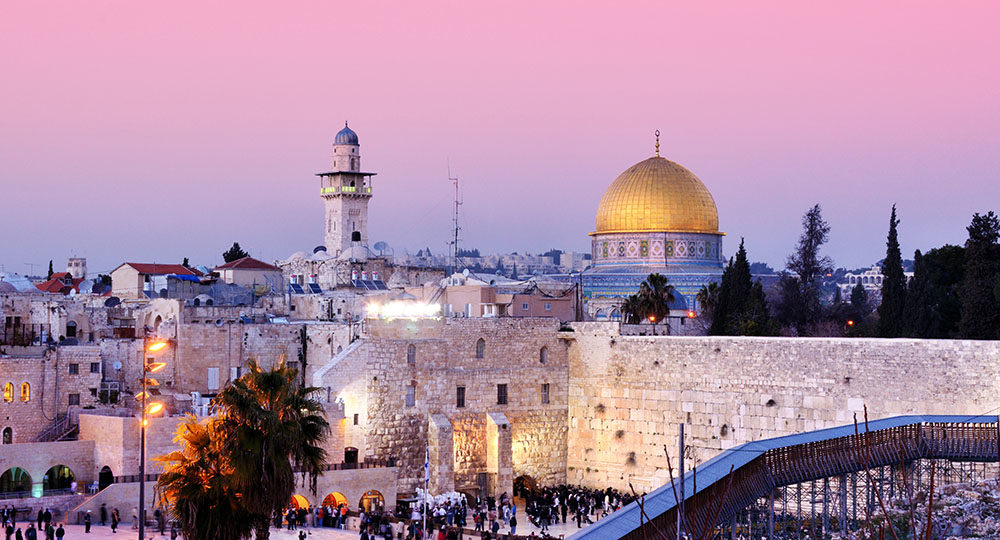

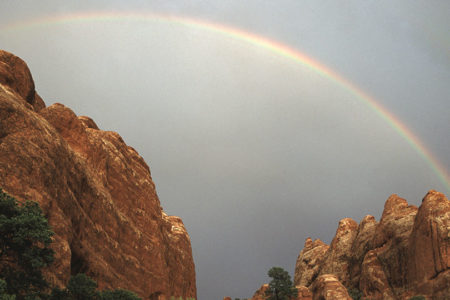
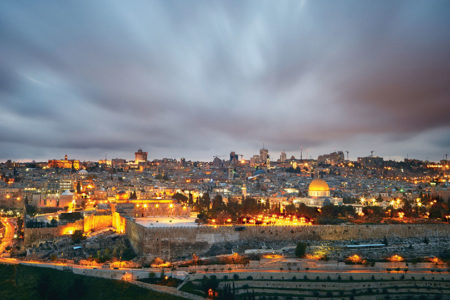
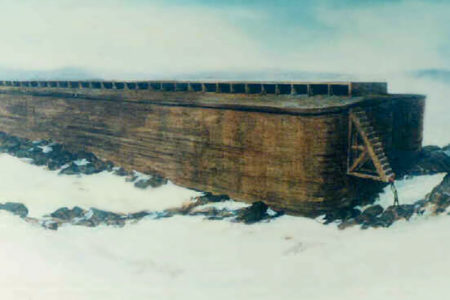
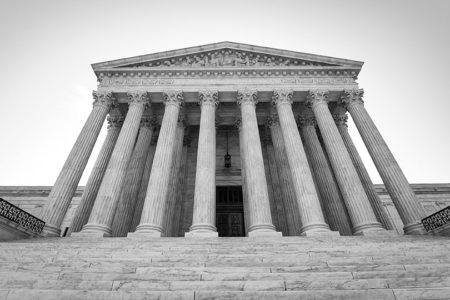

Beautiful nobody can overturn the plans the God of Abraham, Isaac and Jacob has blessed the Jews with. Indeed, satan uses the islamic terrorists, iran and traitors such as biden ,’the squad’, BDS, BLM and global anti-Semites. Like satan, they are fighting a losing battle. When they think of attacking Israel, they should remember the IDF and her sister National Security agencies; Psalm 121: 04; Genesis 12: 1-3; Genesis 15: 18-21; Exodus 32: 13; Genesis 35: 9-13; they should NEVER forget Amos9: 11-15.
The democrat obsession for a 2-state abomination will not go unpunished Joel 3: 2; un bias; eu-nato will NOT escape DIVINE retribution.